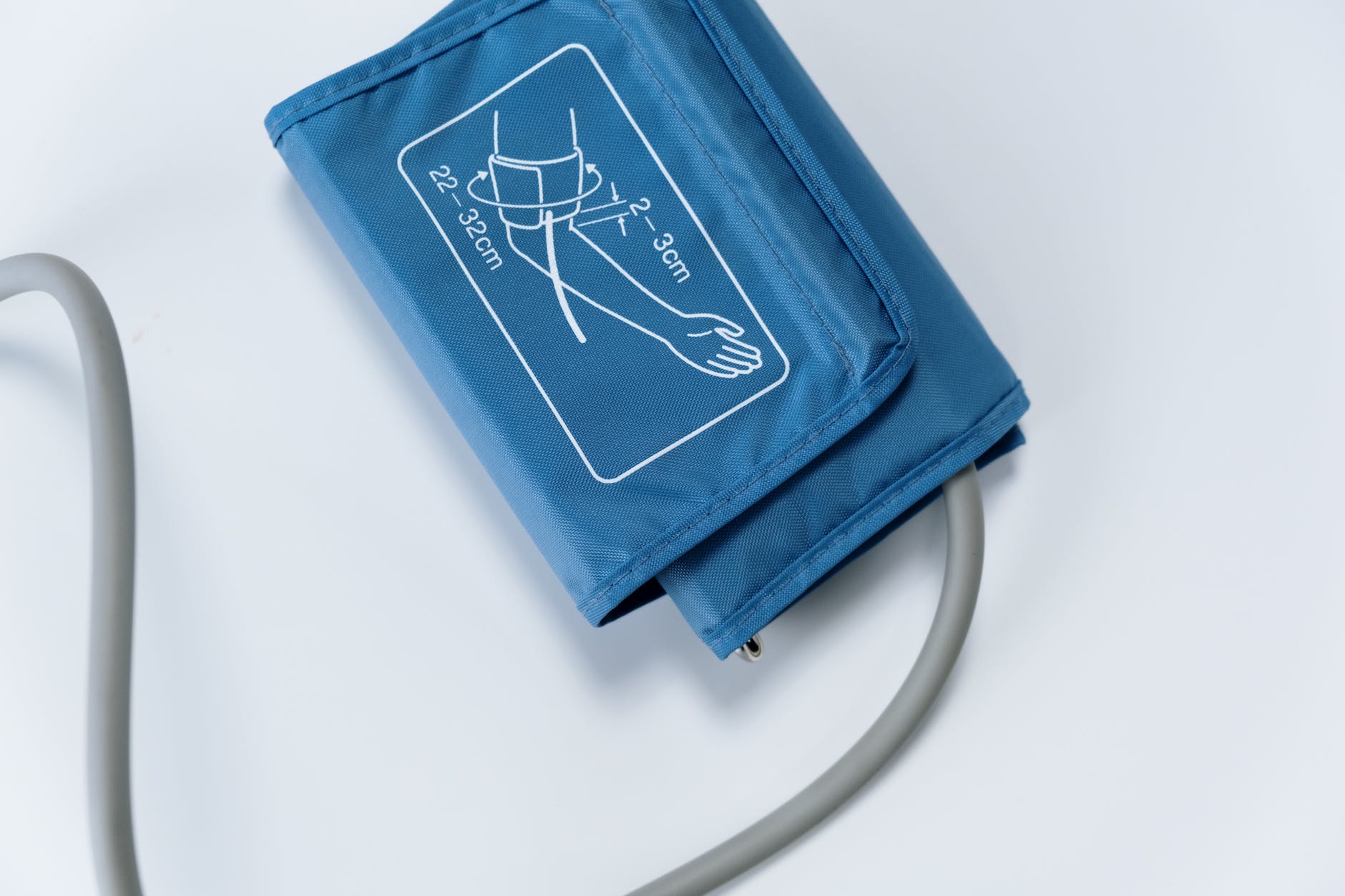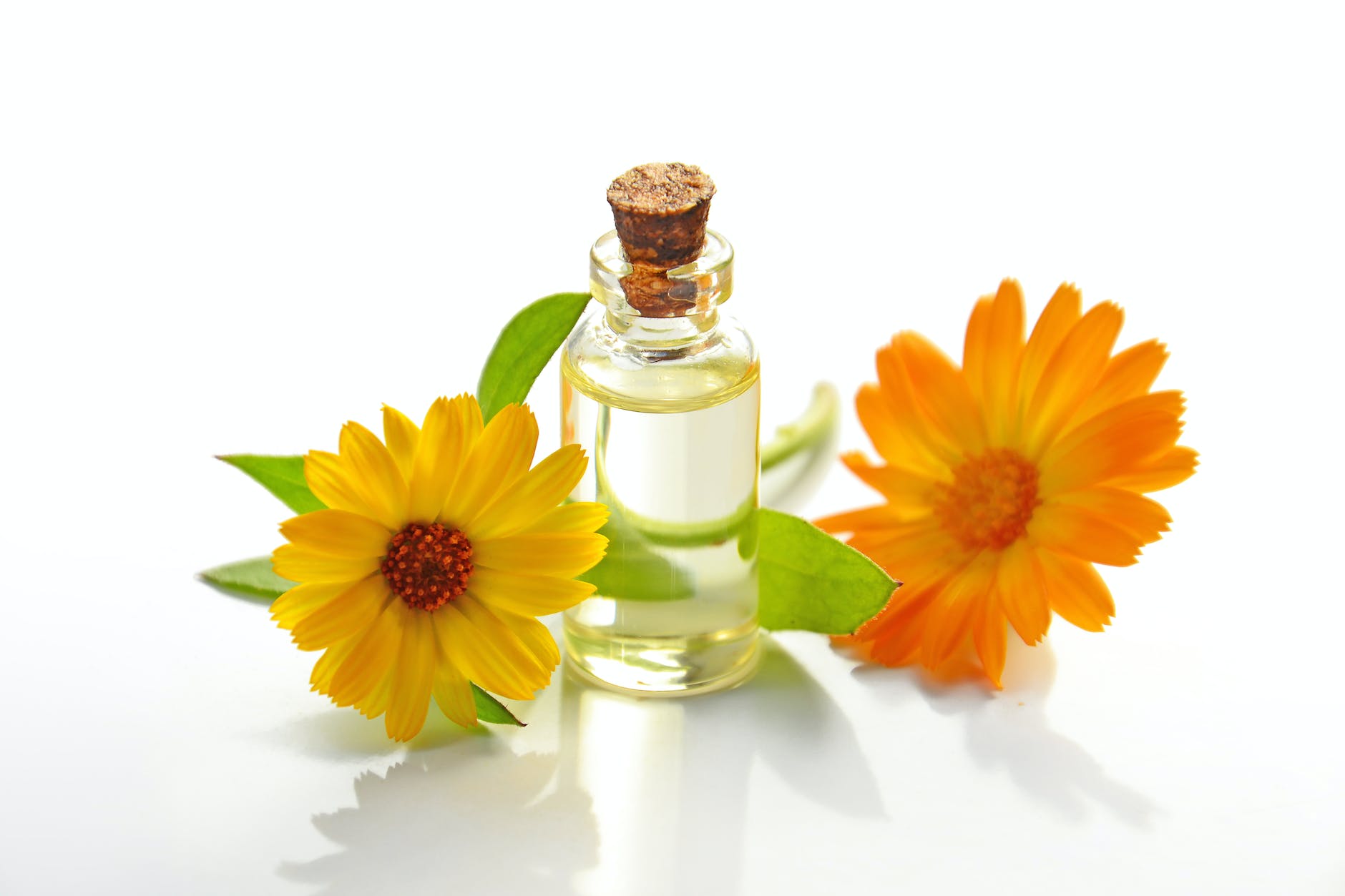Camellia sinensis leaf extract is well known for its weight loss and skin care.
Black, green, oolong and white tea are made from the Camellia sinensis plant, generally known as the tea plant. Leaf extract is the oil derived from plants’ leaves.
Camellia sinensis, sometimes known as tea leaf extract, has been gaining in popularity due to the health advantages of tea, particularly green tea.
The extract contains the plant’s beneficial chemicals in a concentrated form that can be made at home or purchased as a supplement.
This article looks at Camellia sinensis leaf extract, its health benefits, and some of its typical applications.
Main Compounds
Camellia sinensis leaf extract contains the same bioactive components that contribute to tea’s aroma, flavor, astringency, taste, and therapeutic properties.

Here are some of the extract’s key components.
Catechins
Catechins are one of the most active molecules in the Camellia sinensis plant. According to studies, they have cancer-fighting capabilities.
They are classed as flavonoids, one of the most frequent types of polyphenols – a wide family of chemicals with strong antioxidant effects.
Antioxidant chemicals eliminate damaging molecules known as free radicals. They aid in the prevention and treatment of diseases and oxidative stress.
Caffeine
Caffeine is the stimulant component in coffee and tea. Eight ounces of green tea has roughly about 6% caffeine.
It is generally recognized for having both positive and harmful health consequences.
For example, research has indicated that drinking caffeine on a daily basis may assist in preventing metabolic syndrome, heart disease, dementia, type 2 diabetes, and Alzheimer’s disease.
Caffeine, as a stimulant, has the potential to boost alertness, reduce weariness, and improve athletic performance and mental functioning.
However, drinking too much caffeine can have potentially harmful health consequences, such as an erratic heartbeat.
L-theanine
L-theanine is a non-protein amino acid that comes from the tea plant, and it is abundant in green tea, accounting for around half of the total amino acid content.
L-theanine contributes to the distinct flavor and aroma of tea.
It’s also the component that gives tea its relaxing effect, which may help concentration.
L-theanine possesses anti-inflammatory and antioxidant properties and has been linked to better immunological function.
Other chemicals
In addition to the three major chemicals listed above, tea leaf extract contains vitamin B, lipids like linoleic and alpha-linolenic acids, and trace minerals, including magnesium, calcium, iron, zinc, and selenium.
Effects on Skin Health
Camellia sinensis leaf extract has long been used in the beauty industry due to its beneficial effects on skin health and appearance.
Because of its antioxidant properties, EGCG may protect the skin from ultraviolet radiation (UVR), which causes sunburn and can lead to premature skin aging and nonmelanoma skin cancer.
Furthermore, studies demonstrate that using the extract topically and orally lowers scaling while increasing blood flow to the skin, hydration, skin elasticity, and density.
Furthermore, the extract’s caffeine component makes it popular as an anti-cellulite agent.
It may also aid in minimizing wound healing time and increase sebum production, which is a common feature of an oily face.
Effects on Heart Health
Taking Camellia sinensis leaf extract or drinking tea may benefit heart health.
The catechin and L-theanine concentration may reduce risk factors for heart disease, such as blood cholesterol and triglycerides. According to studies, the extract may lower total and LDL cholesterol and triglyceride levels by limiting absorption.
Arterial plaque. Catechins in the extract lower LDL cholesterol oxidation, which helps prevent plaque from forming and clogging your arteries.
Blood pressure. The extract may help to decrease blood pressure by relaxing blood vessels and enhancing their function.

Furthermore, the extract may lessen the chance of a heart attack. Its components may minimize cardiac hypertrophy, alleviate blood pressure dysregulation, and restore antioxidant enzyme performance.
Anticancer effects
The extract’s cancer-fighting benefits are primarily due to its catechins, specifically EGCG.
Some studies have shown that EGCG protects against cancer by causing apoptosis, or programmed cell death, in malignant cells.
It may also help to limit tumor progression and spread by blocking angiogenesis and the formation of new blood vessels that would normally supply malignant cells.
Furthermore, EGCG stimulates the activity of antioxidant enzymes in your body that destroy free radicals. Excessive free radicals can harm your DNA, contributing to the development of cancer.
Research has discovered that EGCG may aid with numerous forms of malignancies, including:
Prostate cancer. EGCG may lower the risk of low-grade prostate cancer, prevent recurrence, and improve patients’ quality of life.
Breast Cancer. In addition to lowering cancer risk, EGCG may cut mortality, lower recurrence rates, and extend the cancer-free duration in persons with stages one and two.
Different forms of cancer. EGCG may also reduce the risk of lung, stomach, colorectal, and liver cancers.
Impact on the immune system
L-theanine and EGCG are important chemicals for enhancing the immune system.
According to studies, L-theanine may boost T-cell production, a type of white blood cell that combats sickness.
As a result, it may play a key role in the treatment of infections, allergic disorders, and hypersensitivity reactions.
Furthermore, research indicates that EGCG may restore the body’s immunological equilibrium in a variety of autoimmune illnesses by reducing the generation of numerous inflammatory markers.
It may also increase your body’s resilience to infection and function as an antiviral agent by inhibiting the early stages of infection and disrupting the viral life cycle in infected cells.
Effects on stress and anxiety.
L-theanine contributes significantly to the extract’s anti-stress impact.
L-theanine has been shown in studies to increase relaxation and reduce anxiety by raising dopamine and serotonin levels. These two signaling molecules are produced by brain cells and regulate a variety of functions, including motivation and happiness.
L-theanine also appears to increase the brain’s generation of alpha waves, which researchers use to assess relaxation. They are related to a calm and alert mental state.
Interestingly, one study discovered that L-theanine’s soothing impact may be amplified when paired with caffeine, which is also found in the extract.
Effects on Weight Loss
Obesity is a big health issue worldwide.
According to studies, both EGCG and caffeine in Camellia sinensis leaf extract may help with weight loss.
EGCG may help with weight loss by blocking enzymes that cause the body to absorb carbohydrates and fats from the stomach. This may assist in reducing energy intake.
It may also alter the gut flora and help with weight loss by modulating fat metabolism and promoting fat breakdown.
Meanwhile, caffeine may boost your metabolic rate, energy expenditure, and fat oxidation, leading to weight loss.
Some studies suggest that combining EGCG and caffeine, as found in this extract, enhances the weight reduction benefit.
Other research has indicated that neither green tea nor green tea extract resulted in statistically significant weight loss.
Thus, more research is needed to determine how Camellia sinensis leaf extract affects weight loss.
Other Health Benefits
Camellia sinensis leaf extract may offer additional health advantages, including anti-inflammatory properties. Animal studies indicate that chemicals in the extract may suppress the formation of pro-inflammatory molecules linked to inflammatory disorders such as arthritis.
It may benefit bone health. Animal and human research have shown that catechins can assist in the control of bone metabolism and decrease bone loss.
It may benefit liver health. The extract’s catechin and L-theanine concentration may protect against liver harm by inhibiting liver enzymes that cause inflammation and disease when present at large levels.

Potential drawbacks
Although Camellia sinensis leaf extract is generally regarded as safe and well-tolerated, there have been rare instances of adverse effects.
Because of its caffeine level, it might cause jitteriness and headaches.
According to studies, taking more caffeine during pregnancy increases the chance of pregnancy loss and low birth weight.
Skin reactions such as rash or allergy, as well as digestive symptoms such as diarrhea and nausea, are other mild side effects of Camellia sinensis leaf extract.
However, studies have connected the extract to liver damage, a more dangerous impact.
A thorough examination by the United States Pharmacopeia (USP) found that green tea extracts can induce liver damage, albeit infrequently.
Toxic effects can develop as a result of excessive EGCG levels interacting with drugs or a specific metabolic condition.
Studies have found liver toxicity at extract doses ranging from 700 to 2,100 mg per day, while liver damage may occur at lower doses of 140 to 1,000 mg per day.
However, product concentrations and recommended dosages differ. As a result, even at “normal” quantities, the extract can cause liver damage.
It should be noted that the majority of the negative effects were associated with ingestion on an empty stomach. As a result, if you take the extract, make sure to consume it with food.
If you are pregnant, have a health problem, or are concerned about liver damage or other negative effects, see a healthcare provider before using Camellia sinensis extract.
If you encounter any symptoms of liver toxicity, stop taking the extract immediately. Dark urine, abdominal pain, and yellowed skin or whites of the eyes are all signs of jaundice.
How to Make and Take It
People still utilize it mostly for its weight loss properties and cosmetic applications in skin health.
While you can get the majority of the advantages from drinking tea, the extract contains larger quantities of the beneficial chemicals.
Camellia sinensis leaf extract is available online as a powder, pill, or liquid supplement.
Alternatively, you can prepare your own extract at home.
Homemade Camellia sinensis leaf extract.
Follow these procedures to manufacture your own glycerin-based Camellia sinensis leaf extract.
Ingredients
- Grind 10 grams of green tea leaves
- 80 mL of glycerin
- water.
Supplies
- Pot
- a fine or food-grade oil filter.
- An airtight, dark-colored storage container that can hold at least 4 ounces of liquid

Directions
- Place 10 grams of ground green tea leaves in a pot on the heat and cover with water. If you only have larger leaves available, grind those first.
- Bring the water to a mild boil, cover, and cook for at least 30 minutes – up to 2 hours.
- Strain the extract through a colander, a food-grade oil filter, or any other fine filter you have at home.
- Filter the mixture to separate the leaves. This leaves you with a concentrated extract that needs to be diluted.
- To make it 80% glycerine, combine 20 mL of water and 80 mL of glycerin. This will result in an extract with a 3-5 year shelf life.
- Stir well and transfer the mixture to a storage container.
- The extract’s antioxidants are sensitive to oxygen and light. To avoid degradation, store the extract in an airtight, dark-colored container.
Always check with your doctor before purchasing or drinking Camellia sinensis leaf extract.
To Conclude
Camellia sinensis leaf extract is an oil derived from tea leaves.
It contains many bioactive components, including catechins, L-theanine, and caffeine.
It may also improve your immune system, lower stress and anxiety, and aid in weight loss.
However, it might cause undesired side effects such as jitteriness, nausea, skin rashes, and liver poisoning in rare situations.
If you wish to try it, consult with a healthcare provider first. You can get Camellia sinensis leaf extract online or create it yourself.
